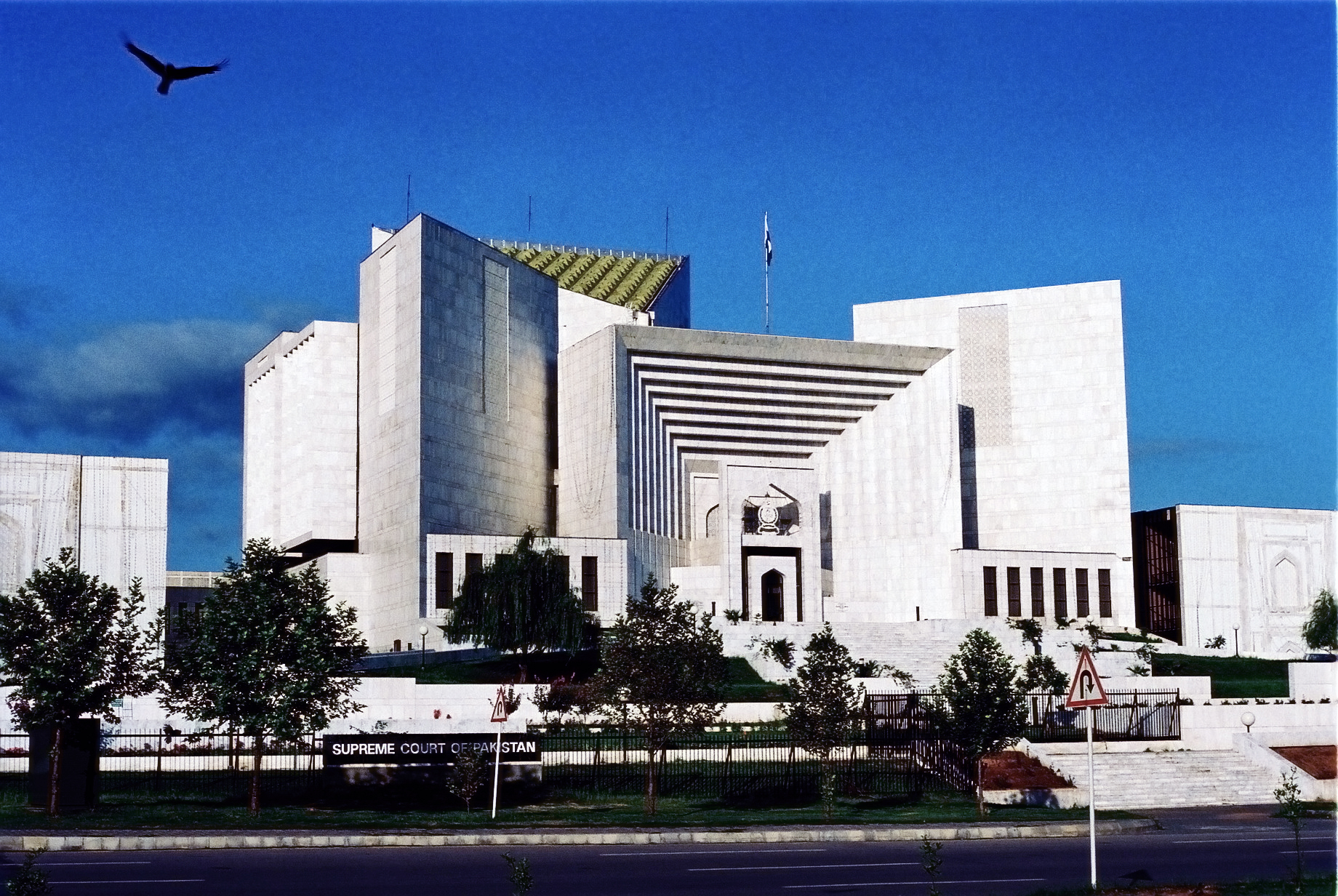
The Supreme Court of Pakistan’s order of May 17 — issued in response to a presidential reference seeking clarifications on Article 63-A or the defection of legislators from their parliamentary party — has come as a surprise to most constitutional experts.
The majority judgement of three judges with two judges on the bench strongly dissenting issued the verdict that the dissident members of a parliamentary party cannot cast votes against their party’s directives. However, according to the two dissenting judges, “Article 63-A of the Constitution of the Islamic Republic of Pakistan is a complete code in itself … any further interpretation of Article 63-A of the Constitution, in our view, would amount to rewriting or reading into the Constitution… .”
According to Ahmed Bilal Mehboob, president of the Pakistan Institute of Legislative Development And Transparency, “it is not only the ‘rewriting’ of the Constitution which is of concern. The order of disregarding the defecting members’ votes has made the constitutional provision on defection come full circle — back to its 49-year-old position.”
Further, “the order to disregard the defectors’ votes goes even beyond what was originally provided for in the 1973 Constitution in extremely extraordinary circumstances. The Supreme Court order is a permanent one and not a temporary arrangement for 10 years as was the case with the original 1973 Constitution. The original 1973 provision made disregarding the defectors’ votes conditional upon the majority of parliamentary party members not supporting the defectors.”
Hence, “according to the Supreme Court order, even if the entire parliamentary party revolts against its leader and decides to pass a vote of no-confidence, their votes will be disregarded. Apparently, the new authority bestowed by the Supreme Court order will end up further strengthening the leaders’ authoritarian hold over their parties.”
![]()





